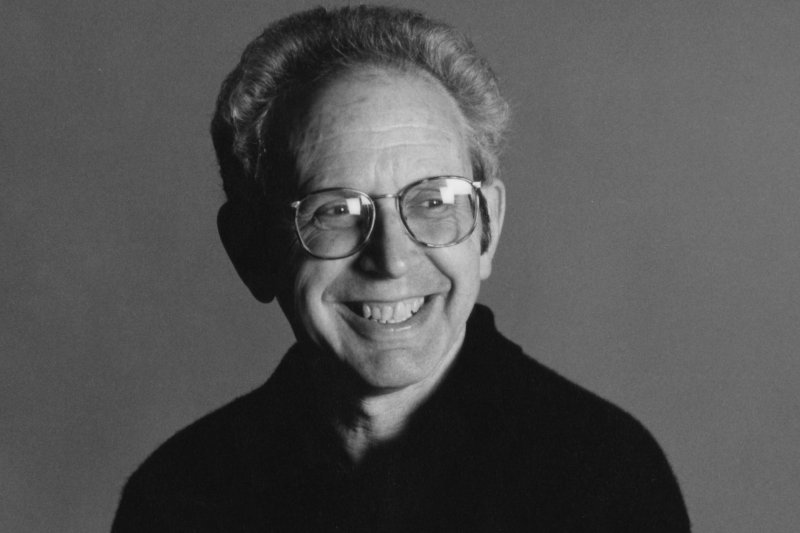I spoke with Peter Guralnick on December 17 about his new book, Sam Phillips: The Man Who Invented Rock’n’Roll. Guralnick, who turned 73 on December 15, is the author of the definitive, two-volume biography of Elvis Presley, Last Train to Memphis and Careless Love, and a biography of Sam Cooke, Dream Boogie. He’s also the author of Sweet Soul Music; Searching for Robert Johnson; and two volumes of essays, profiles, and reportage, Feel Like Going Home and Lost Highway.

Sam Phillips established the Memphis Recording Service in 1950, and founded Sun Records in 1952. Many of the blues artists emerging around Memphis after World War II made their first recordings at his Memphis studio. These included such landmark sides as Rocket 88 by Jackie Brenston and His Delta Cats [led by Ike Turner]; Moanin’ at Midnight and How Many More Years by Howlin’ Wolf; She’s Dynamite by B.B. King; Easy by Walter Horton; Mystery Train and Feelin’ Good by Junior Parker; and Cotton Crop Blues by James Cotton. At Sun, Phillips also launched the careers of Elvis Presley, Carl Perkins, Johnny Cash, Jerry Lee Lewis, Charlie Rich, Roy Orbison, and other pioneers of rock’n’roll and rockabilly.
Phillips was born in Florence, Alabama in 1923. He was among the inaugural group of inductees into the Rock’n’Roll Hall of Fame in 1986. He died in Memphis in 2003 at age 80.
Over the course of this hour-long conversation, Guralnick talks about the groundbreaking role that Phillips played in establishing a record label in the South; Sam’s vision of a rhythmically powerful music by black artists that he felt had the “potential” to break down the walls of segregation; the significance of Howlin’ Wolf as the first great artist discovered by Phillips, and his curious notion that Wolf could have been as big as Elvis; and his belief that Jerry Lee Lewis was the most gifted musician he ever produced.
Guralnick also discusses his first-person presence in the Phillips story, and different approaches he’s taken in writing biographical narrative. He reflects on an exchange with Solomon Burke in which the great soul singer wonders about the man behind the writer; and he tells a sweet story about Charlie Rich naming his gospel song “Feel Like Goin’ Home” after Guralnick’s first anthology of blues and country profiles. (See below for a rendition of the song by the Boston-based singer Dennis Brennan who’s referred to in the interview. The guitarist is Duke Levine.)
